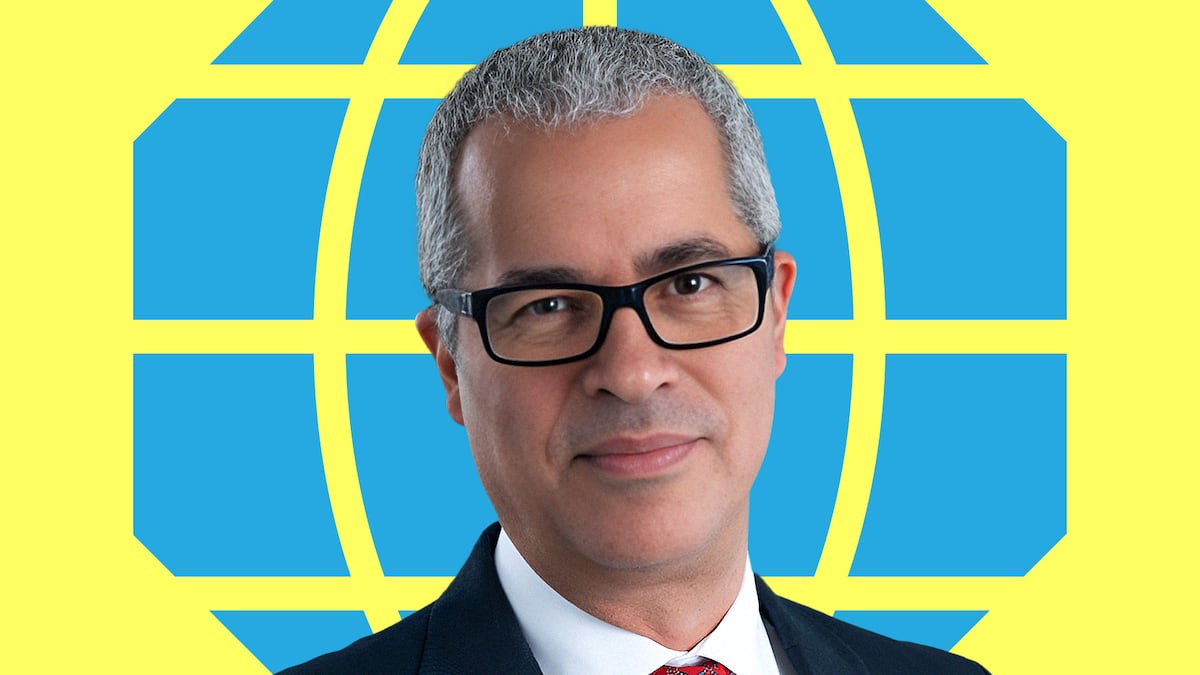- CME is launching a new Bitcoin futures contract.
- Crypto micro futures have become especially popular in the last few months.
The Chicago Mercantile Exchange is launching a new Bitcoin product.
As of September 30, traders will be able to buy so-called Bitcoin Friday futures contracts worth 1/50th of a Bitcoin — or around $1,220 each.
CME’s micro Ether futures contracts have notched four consecutive months of highs in daily volume. Each contract is currently worth about $260.
Giovanni Vicioso, global head of cryptocurrency products at the CME Group, sees the micro contracts as a more efficient product for traders, given that standard Bitcoin or Ether futures are worth $305,000 and $130,000, respectively.
“Our micro contracts are not just limited to retail traders — we’re also seeing institutions looking to fine-tune their exposure,” Vicioso told DL News.
Interest in CME micro Ether futures swelled roughly around the time spot Ethereum exchange-traded funds were approved by the Securities and Exchange Commission.
“ETF products and futures have a symbiotic relationship,” Vicioso said. “Futures are growing as a result of the ETFs — but the ETFs also grow as a result of the liquidity that exists with our futures products.”
What are crypto futures?
Futures contracts allow traders to buy or sell an asset for a predetermined price at a specified future date.
The CME offers a variety of crypto futures contracts, including Bitcoin futures, Ether futures, micro Bitcoin futures, micro Ether futures — and soon the so-called Bitcoin Friday futures, which are even smaller than micro Bitcoin futures.
The difference between standard futures contracts and the micro contracts is simply one of size, with the smallest being the micro Ether futures and the largest the standard Bitcoin futures.
Back in November, CME became the largest exchange worldwide in terms of open interest for Bitcoin futures — a metric that measures the amount of contracts outstanding. Today, that open interest stands at $10.3 billion, or $2.8 billion more than Binance’s $7.5 billion.
But for Ether, it’s a different story. Despite growing 40% in the last 12 months to $954 million, CME Ether futures rank only fifth in terms of open interest, behind Binance, Bybit, OKX, and HTX, per CoinGlass data.
Bitcoin is still king
Now averaging $15 million a day, micro Ether contracts are dwarfed by the $200 million to $300 million in daily volume in micro Bitcoin futures.
Vicioso attributes that discrepancy to Ether futures launching in 2020, three years after Bitcoin futures were introduced. In other words, they haven’t had the same amount of time to mature. “It’s a work in progress,” he said.
And these products have a lot of room to keep maturing. Bitcoin ETF options, which could land anytime in 2025, will likely “grow the pie” for everyone, Vicioso said — and not take demand away from CME.
Such products will “create trading opportunities across our suite,” he said, in a similar fashion to what ETFs have done for CME futures.
Crypto market movers
- Bitcoin is down 3.1% in the last 24 hours, trading at $61,800.
- Ethereum has slumped 5.5%, now at $2,570.
What we are reading
- Ailing Binance executive jailed in Nigeria not permitted wheelchair, family says — DL News
- Best Crypto Options Trading Platforms August 2024 — Milk Road
- Lido’s Staked ETH Has Grown Year-To-Date – But its Market Share Has Dropped — Unchained
- US Crypto Tax Rules: When Do You Have To Pay Tax On Cryptocurrency? — Milk Road
- UK’s crypto dreams stall as registrations with financial regulator remain low — DL News
Tom Carreras writes about markets for DL News. Got a tip about Bitcoin, Ethereum, and futures? Reach out at tcarreras@dlnews.com.







